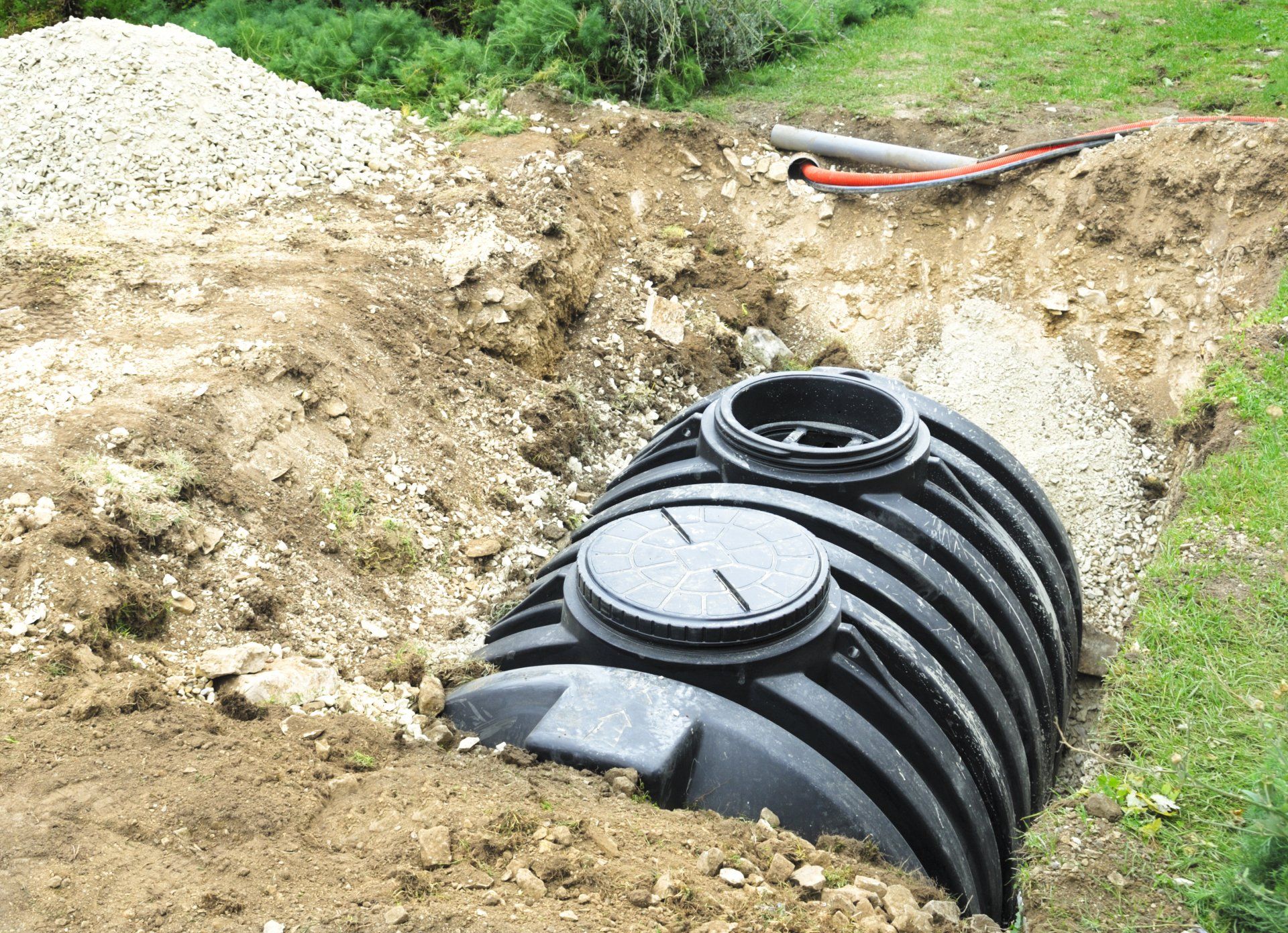4 Factors That Influence How Often You Should Pump Your Septic Tank

You can easily forget about your home's septic maintenance since the tank is deep in the ground away from sight. However, pumping your septic tank regularly ensures that it serves you reliably for years to come.
You shouldn't let sludge levels in your septic tank get to uncontrollable amounts. If things get out of hand, the tank's watery effluent will carry the excess sludge to the drainfield. Eventually, your drain pipes clog from the solid debris, causing wastewater backups in your toilets and sinks.
General guidelines suggest that pumping your system should happen after three to five years. But in truth, the frequency of septic tank pumping depends on your household patterns and septic needs. Discover four main factors that determine how often you need to pump out your system.
1. The Amount of Wastewater
Wastewater comes in two forms, both of which require safe treatment and disposal. Gray water comes from washing machines, bathtubs, showers, and bathroom sinks. Blackwater sources include kitchen sinks and toilets. Combined, both types of wastewater contribute massively to the effluent in your septic system.
But with too much wastewater, your septic system can't do its job properly. The bacteria in the tank won't break down the solid waste as fast, and your system fills up quicker. You'd have to schedule septic pumping sessions more often.
2. The Size of Your Household
More people living in your house means more waste. Additionally, if you have guests over regularly, you'll have more wastewater to deal with. Your septic tank fills up much quicker, hence the need for pumping your septic tank more frequently.
Consult with your septic tank contractor and draft up a pumping schedule suitable to your needs. The contractor will calculate your home's daily average wastewater output to create a rough timeline for the scheduled pumping.
3. The Size of Your Septic Tank
Septic tank sizes depend on the number of bedrooms in your house. If you aren't sure of your home's tank capacity, learn how to narrow down on your options. For example, a 3-bedroom house is likely to have a tank capacity of 1000 gallons. Similarly, a 1500-gallon septic tank is best suited for a 5-bedroom house.
Because smaller tanks will fill up much quicker, your septic tank expert might suggest a custom pumping schedule. The time intervals will be shorter than the recommended three years, especially if you have a large family.
Additionally, you may have built extra bedrooms to accommodate more people in your house. And since your septic tank was meant for a smaller group, it could fill up faster than usual. Eventually, you would need to pump your septic system more often than you did before.
4. The Volume of Solid Waste
Your septic system handles solid and liquid waste differently. The liquid waste flows out of the tank to the drainfield and absorbs into the ground. The solid waste stays in the tank, where it disintegrates after getting into contact with anaerobic bacteria. The broken-down waste then settles at the bottom of the tank to form a sludge.
Soon, the accumulated sludge occupies more space in the tank, leaving little room for bacteria to act. Some solid waste eventually flows out into the drainfield because it doesn't have enough time or room to settle to the tank's bottom.
If you generate more solid waste in your home, your septic pumping contractor might suggest that you schedule more frequent appointments. Doing so will keep your septic system in good condition, prolonging its overall lifespan.
Pumping your septic tank shouldn't be an afterthought. Reach out to Dr. Flush today for a thorough inspection of your system. Using your tank's properties and waste capacity, we will draft you a reasonable schedule and help you keep your system running for longer.








